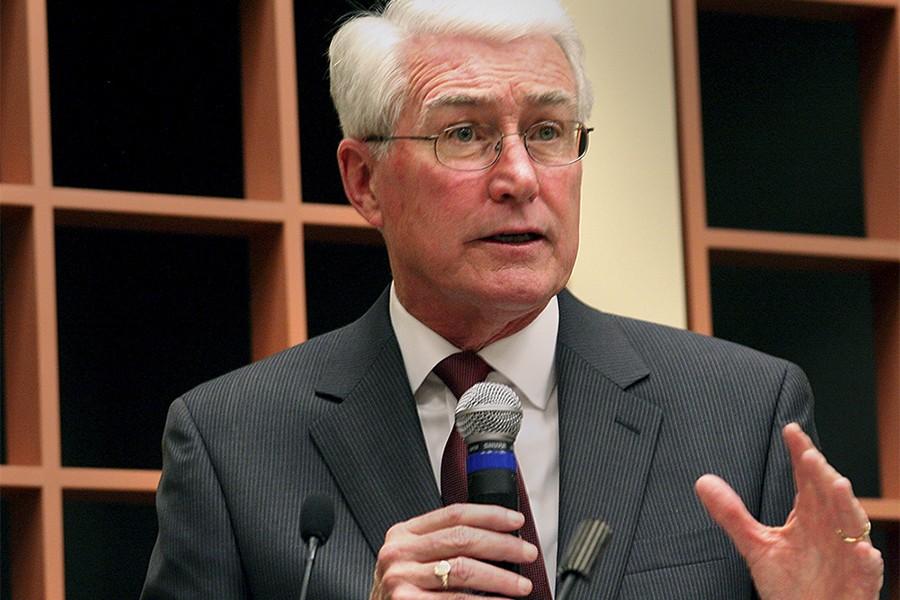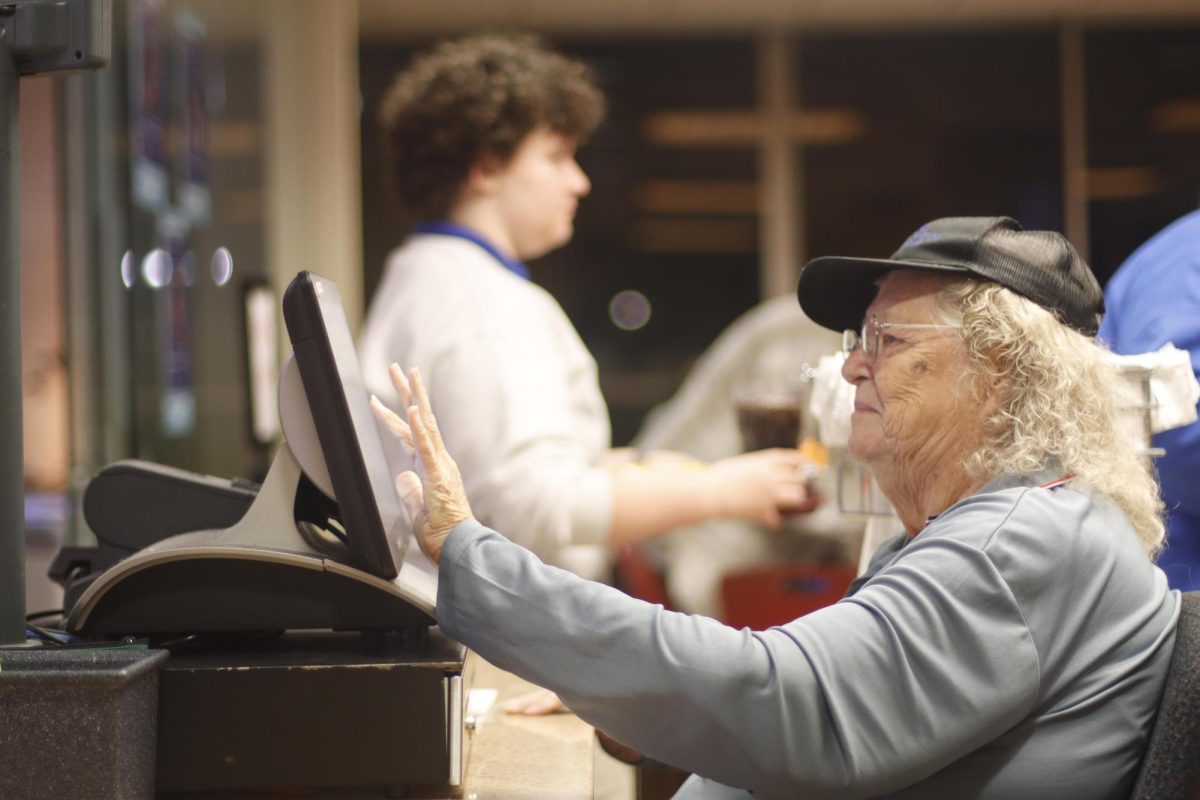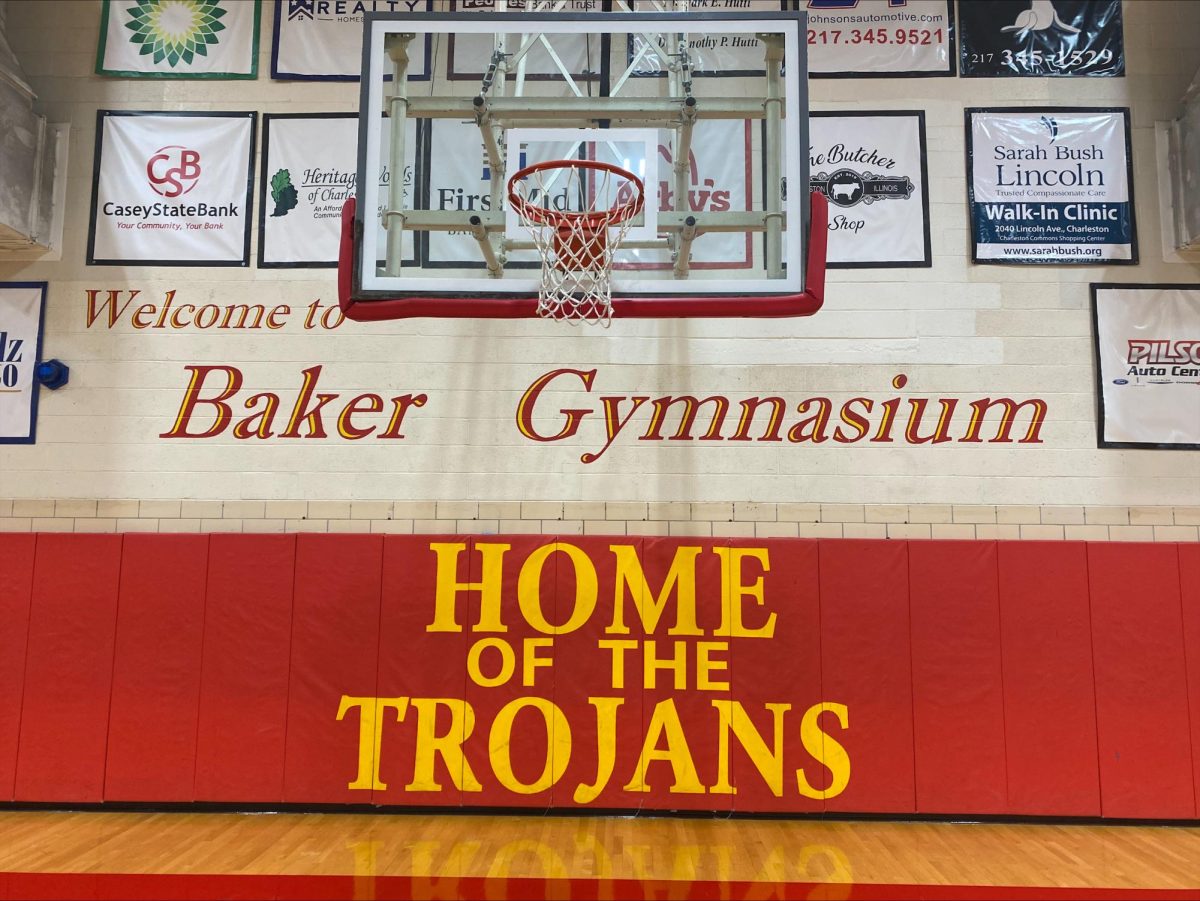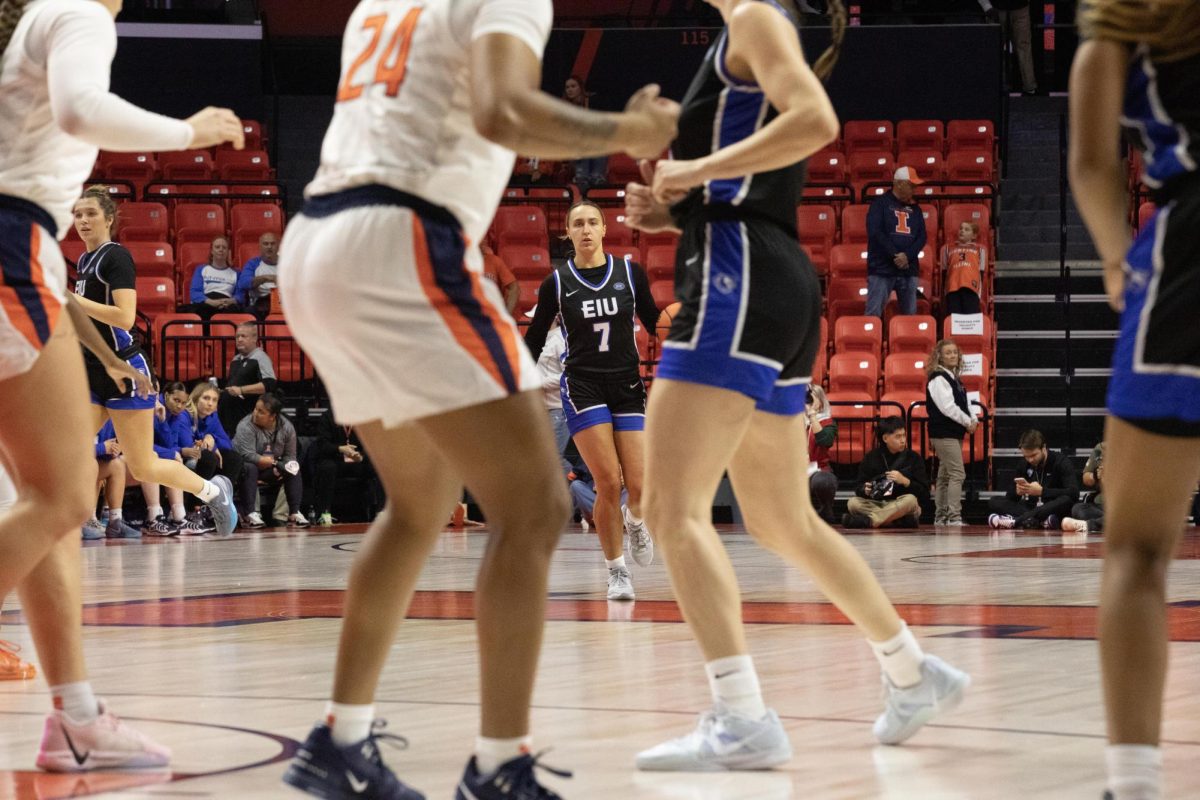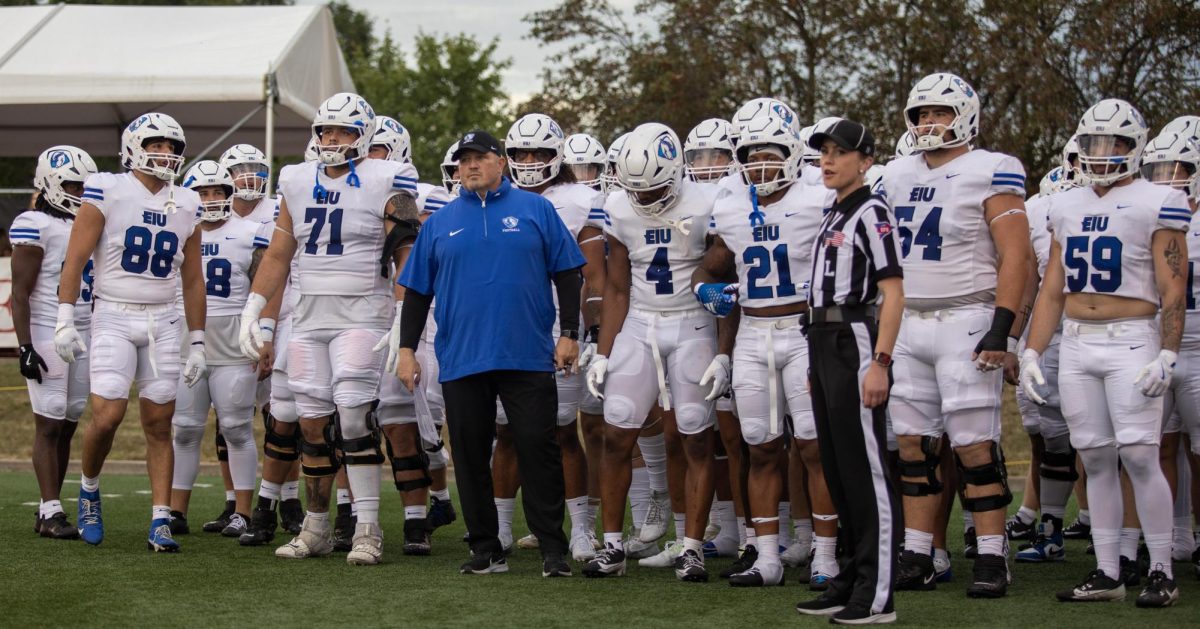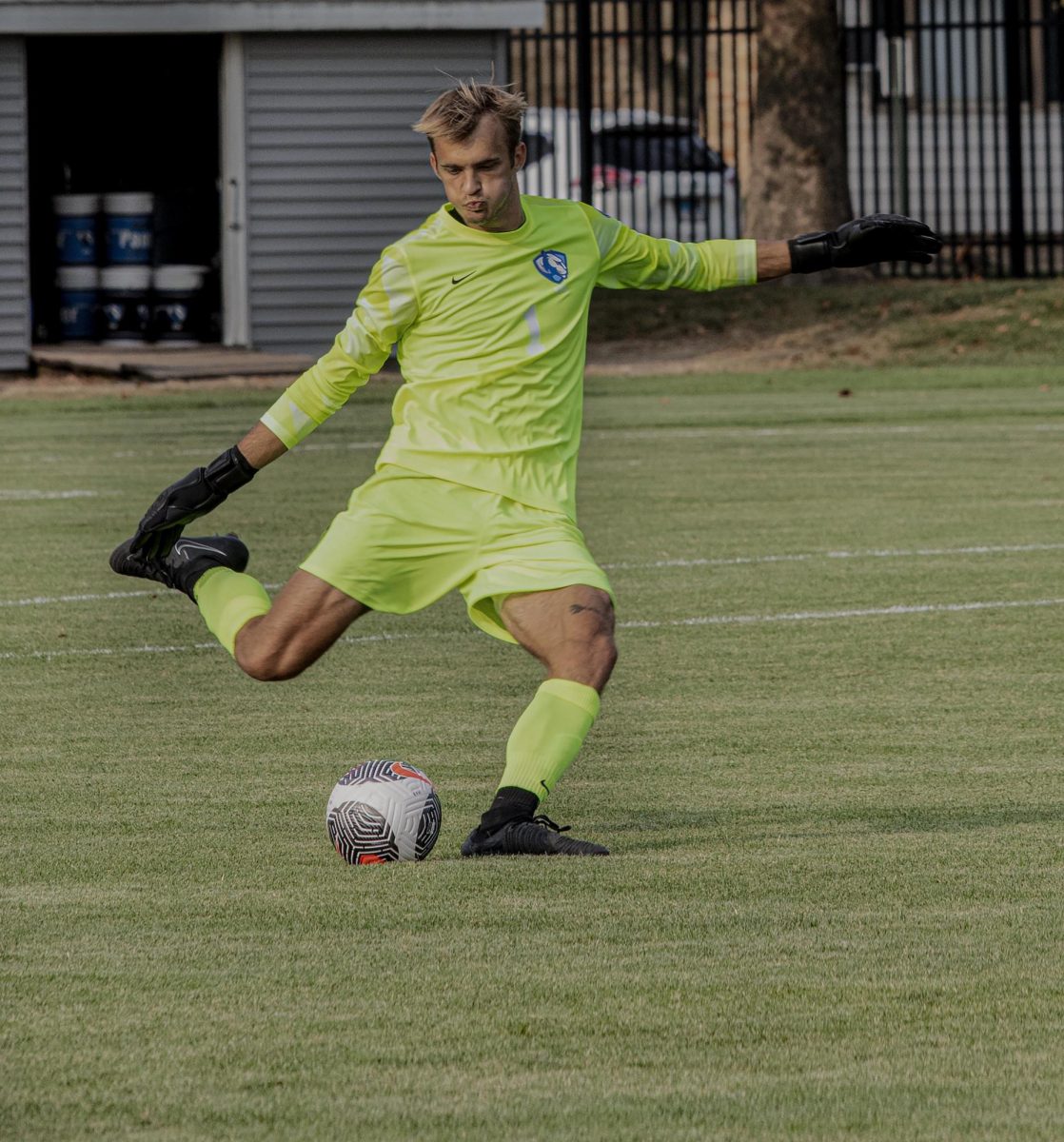Interdisciplinary teamwork should be encouraged
February 23, 2015
This weekend I was on various social media platforms, scrolling through posts, when I began to notice more and more people complaining about general education classes outside of their major or some people even attacking other majors as being “easy” or less than their own.
Too many times, it seems that people want to look at their education as a specific, narrow field, where they only need to know about the subject of their major and don’t need to incorporate ideas from other majors into their own interests.
People try to separate themselves from other disciplines. They don’t want to look for or find unifying similarities, when they really ought to.
For example, people usually place Chemistry and English at two complete opposite ends of the spectrum, but even these two can find common ground.
Chemistry is all about looking at the part of the whole, the building blocks of the world. English too, looks at parts of the whole—often looking at how individual words can change the entire meaning of a piece, not unlike how Chemistry sees how one molecule or element changes the entirety of a substance.
The real world operates on a model of integrated ideas and networks. You would be hard pressed to find a career that deals strictly with one discipline with no relation to any others.
Instead of trying to separate ourselves and find the differences between our majors, passions, and otherwise, it would be most beneficial to our campus and our educations if we started to come together and find ways to integrate our individual skills and disciplines together.
If I’m writing a paper on a novel about how women were treated during a certain time period, I should feel comfortable talking to a History major to spark and develop ideas.
A Psychology major should feel comfortable asking a Math major for help with their statistics class. There’s nothing wrong with asking for help, especially when it helps bridge gaps and practice interdisciplinary cooperation.
Working together is productive and expands our thinking and understanding.
A good education is one that is whole and complete, which means that it is comprehensive and extends beyond a single specific area.
We all have to live in the world together and we all have the same goal of making it a better place to be in.
Working together and ignoring arbitrary boundaries that we create for ourselves can only be beneficial in the long run.
Kaycie Brauer is a senior English major. She can be reached at 581-2812 or denopinions@gmail.com.




